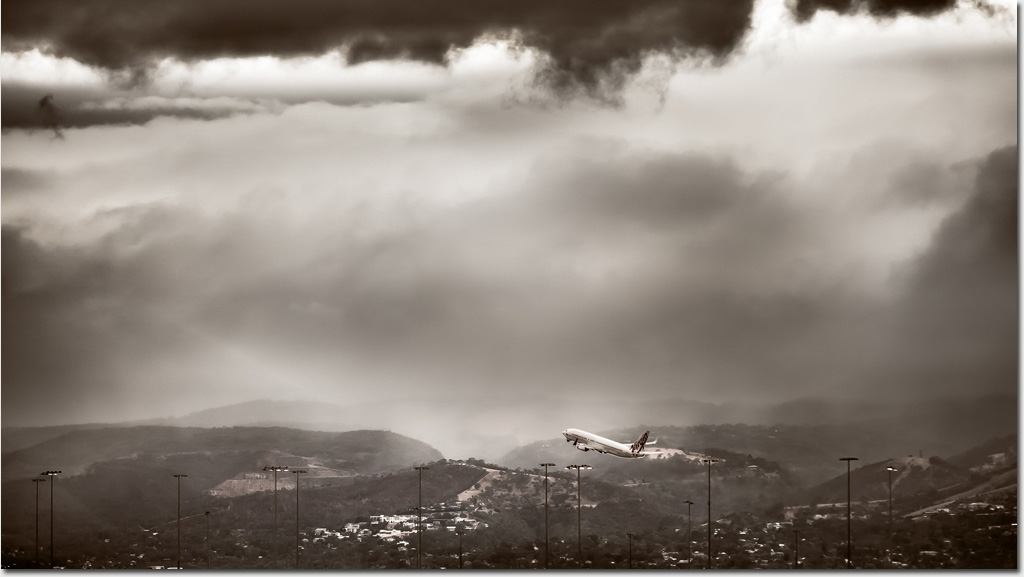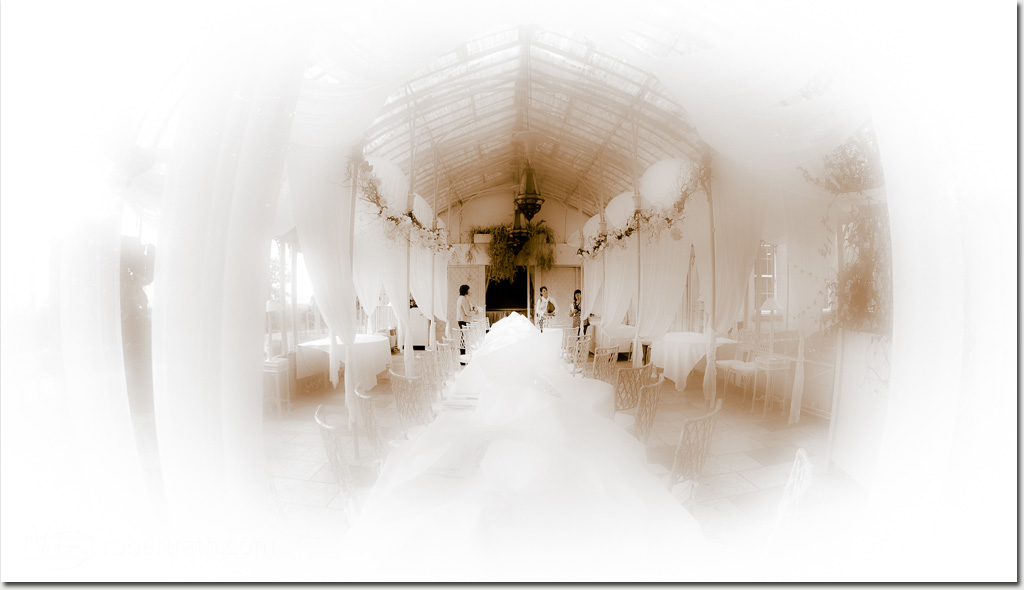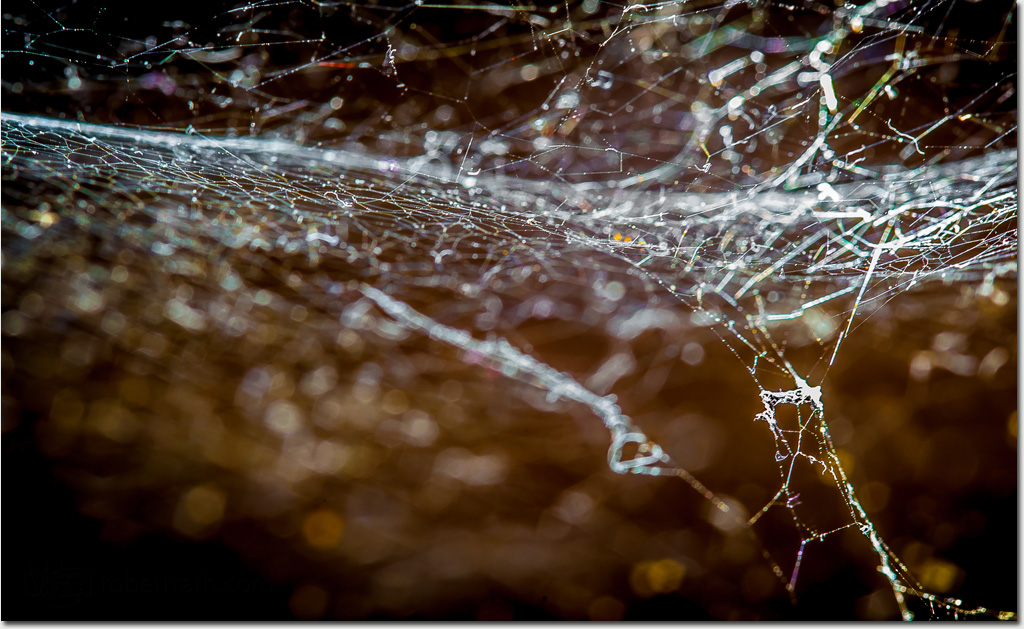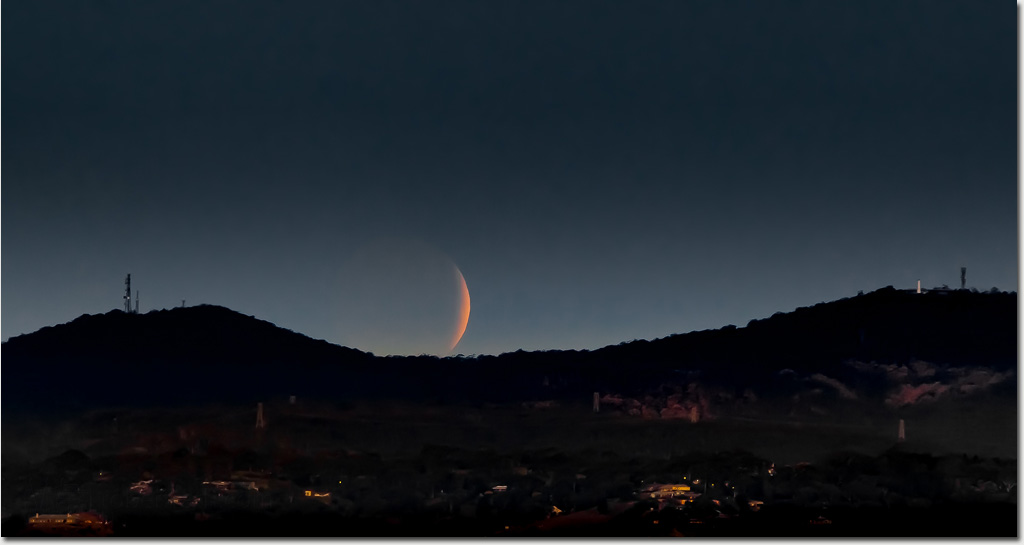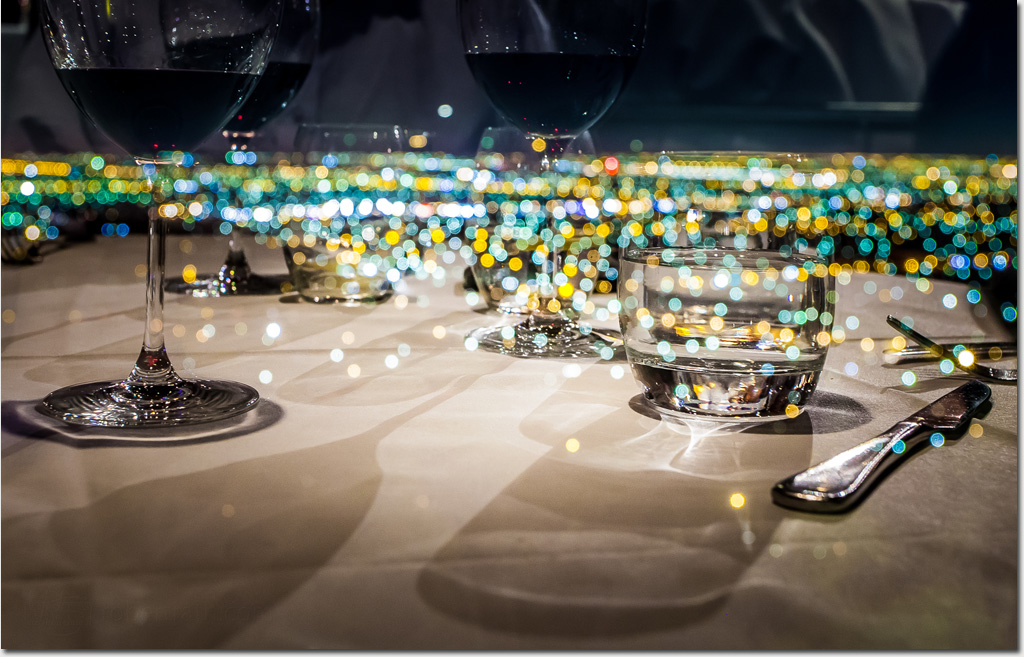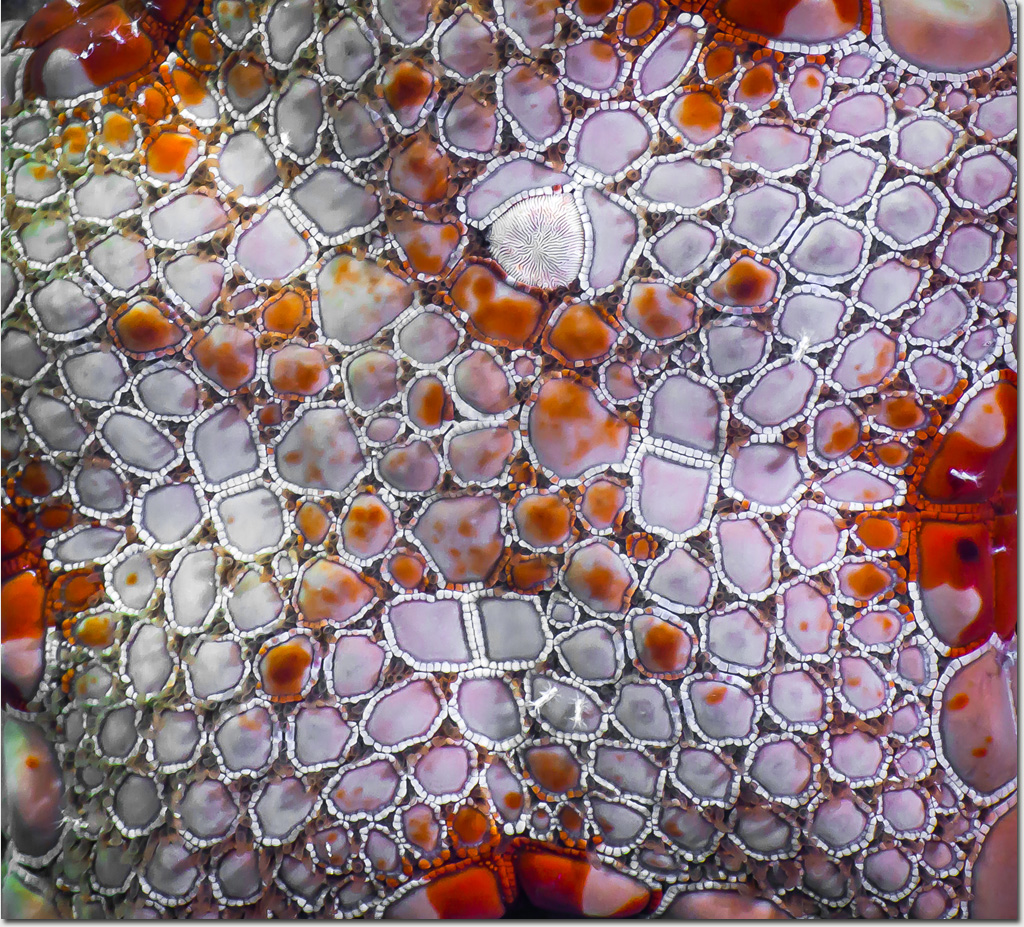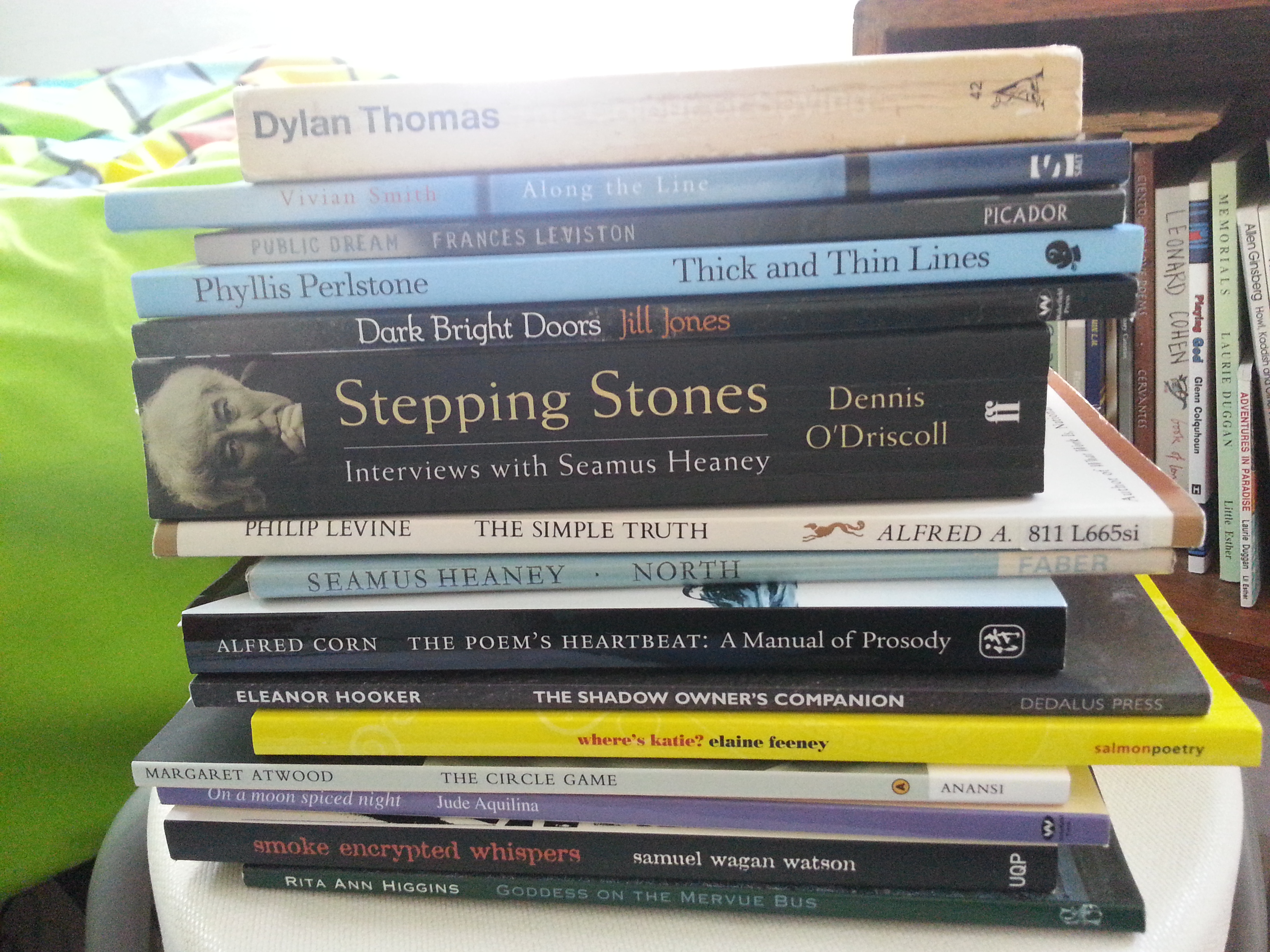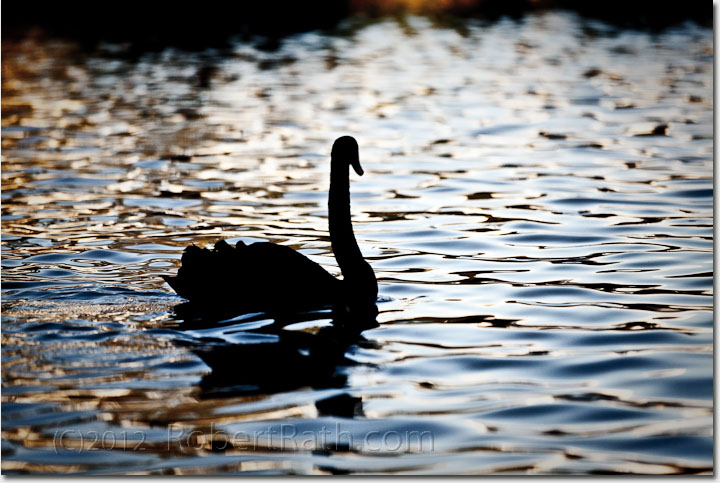
Silhouette Swan. Photo by Robert Rath from Robert's website.
The inspiration for today's poem is two literary hoaxes; one in Colombia and one in Australia.
Gabriel García Márquez, Colombian novelist and winner of the 1982 Nobel Prize for Literature, died last week (17 April). Back in 1999 he was treated for lymphatic cancer. On 29 May 2000 a farewell poem, titled 'La Marioneta' or 'The Puppet' and supposedly written by him, was published in the Peruvian daily La Republica. The poem was in fact written by Mexican ventriloquist, Johnny Welch, for his puppet sidekick 'Mofles'. Read about it here.
The Autumn 1944 issue of Australian avant-garde magazine Angry Penguins published a set of poems by Ern Malley. They turned out to be hoax poems written by poets James McAuley and Harold Stewart as a "literary experiment". Read about it here.
Dymocks bookshop in Adelaide is hosting an Ern Malley tribute reading this evening at 6 pm.
For today's rescued poem (you can read about that process I've developed here) I used two source texts: the first is the actual poem, 'The Puppet', purported to have been written by Marquez. The second is the text of the preface and statement to the Ern Malley poems (collectively called The Darkening Ecliptic.) The poem title is a combination of two interesting images I chose from the poems: 'black swan of trespass' and 'trembling intuitive arm'.
Trembling black swan
Sleep light and dream of cream things
wait for the genuine moon
to serenade the stars;
let each line loiter, knowing
that wings teach man to walk
all the way, exposing
him to tears and sun
and poems; he will live
his tiny span of life
and at a certain dying moment –
when his little rag
of soul is falling, falling –
he will fly.






